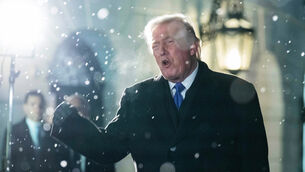A popular personality who treated everyone the same
She was one of the country’s top television personalities and a household name.
But the woman who once called herself Jill Blando always harboured a sense of puzzlement that people found her clever, talented and beautiful.














